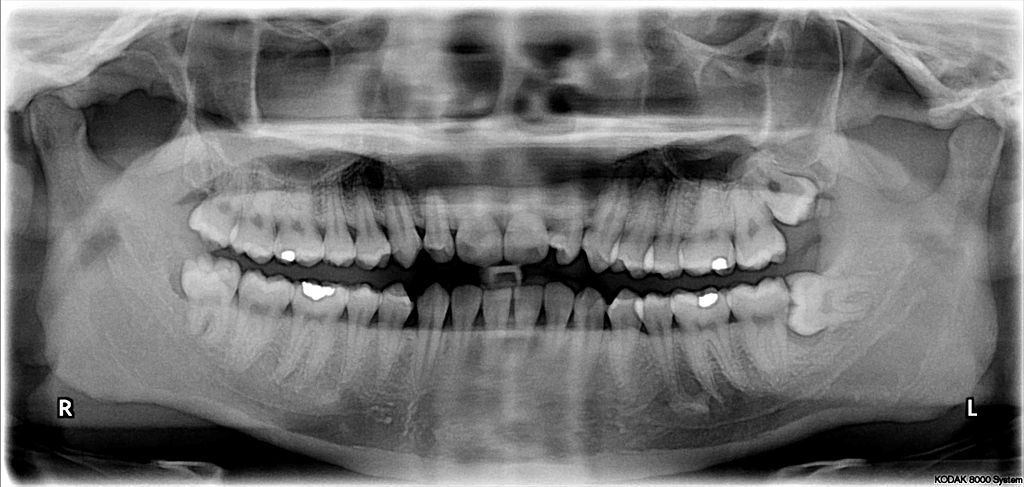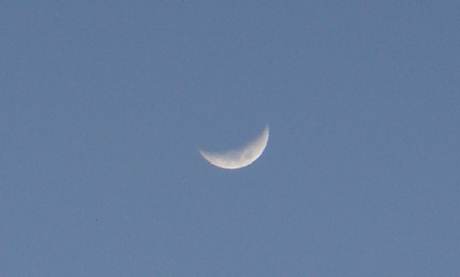Are you happy? According to this report by Daily News, if you are happy, then you’re not watching much TV. It was stated in the report that those considered themselves to be happy spend more time reading and socializing. According to an extensive research study, unhappy people watch more TV than those who feel happy.
The study by University of Maryland, analyzing 34 years of data collected from more than 45,000 participants, shown that the pattern for daily TV use is particularly dramatic, with ‘not happy’ people estimating over 30 percent more TV hours per day than ‘very happy’ people. I like to watch movies, and informative shows or documentaries on TV. However, any time the opportunities come up to catch up with friends for coffee, I will readily give up the box.
Engaging in TV is so easy especially for people who don’t like to socialise or who may not have much resources to do it. For TV, they just need to turn on the set and they can indulge themselves in hours of inexpensive and passive self entertainment. There is no deny that watching television can be pleasurable but it has no lasting benefit; it pushes aside time spent in other activities which might not give immediate pleasure, but would provide long-term benefits in one’s condition.
Quoting Dr. Michael Silverman, assistant professor of psychiatry at the Mt. Sinai School of Medicine, “TV may make you feel better short term but it doesn’t improve your mental state. TV doesn’t add anything and it doesn’t improve anything. And it’s been shown that TV can absolutely stress you out, too.”
So what does happy people do? According to the lead author John Robinson, a University of Maryland sociology professor, “People who are happy are more likely to engage in certain types of activities, like socializing with friends, having sex, reading newspapers.” And when they asked people who say that they are unhappy, they found that the unhappy people could watch up to 10 hours of television a day.
The study further states that unhappily married couples also watch more TV. And what do happily married couples do? They engage in 30 per cent more sex (yes, that caught your attention, didn’t it?), and they attend religious services more, and read newspapers on more days. For happily married couples, you need to spend more quality time together on engaging activities rather than passive entertainment on the TV.
So it seemed we can conclude from the study that watching TV had a direct correlation with unhappiness. However, I do believe that watching TV can be quality time spent too; you choose the right programs to watch and focus on the positive. There are things and values which we can learn from watching TV. Are you happy? If you are, then most probably you’re not watching much TV. What activities do you engage in that make you happy?
___________________________________
Photo by wilkernet
 Last week, a friend was talking to me about watching the Disney-Pixar’s movie UP and we were planning to watch it over the weekend but due to a slight miscommunication, we did not manage to catch it. Frankly speaking, I am not really a fan of animation these days but there was just something special about UP.
Last week, a friend was talking to me about watching the Disney-Pixar’s movie UP and we were planning to watch it over the weekend but due to a slight miscommunication, we did not manage to catch it. Frankly speaking, I am not really a fan of animation these days but there was just something special about UP. 

 I was requested by my dear friend BK to pen down my thoughts of Long Distance Relationship (LDR). Being a survivor of one and finally getting married this year, I’ve been approached by at least two mates on how to make it works. I have to state this first before I go any further: what I’m writing here is solely based on my personal experience with my fiance of four years. This article is in no way a guide to all LDRs and not all LDRs will work based on it.
I was requested by my dear friend BK to pen down my thoughts of Long Distance Relationship (LDR). Being a survivor of one and finally getting married this year, I’ve been approached by at least two mates on how to make it works. I have to state this first before I go any further: what I’m writing here is solely based on my personal experience with my fiance of four years. This article is in no way a guide to all LDRs and not all LDRs will work based on it. Have you ever come across a story of a young monk going up the mountain to learn from a wise old monk? I could only remember some parts of the story and thus I apologized for any changes to the recollection here.
Have you ever come across a story of a young monk going up the mountain to learn from a wise old monk? I could only remember some parts of the story and thus I apologized for any changes to the recollection here.